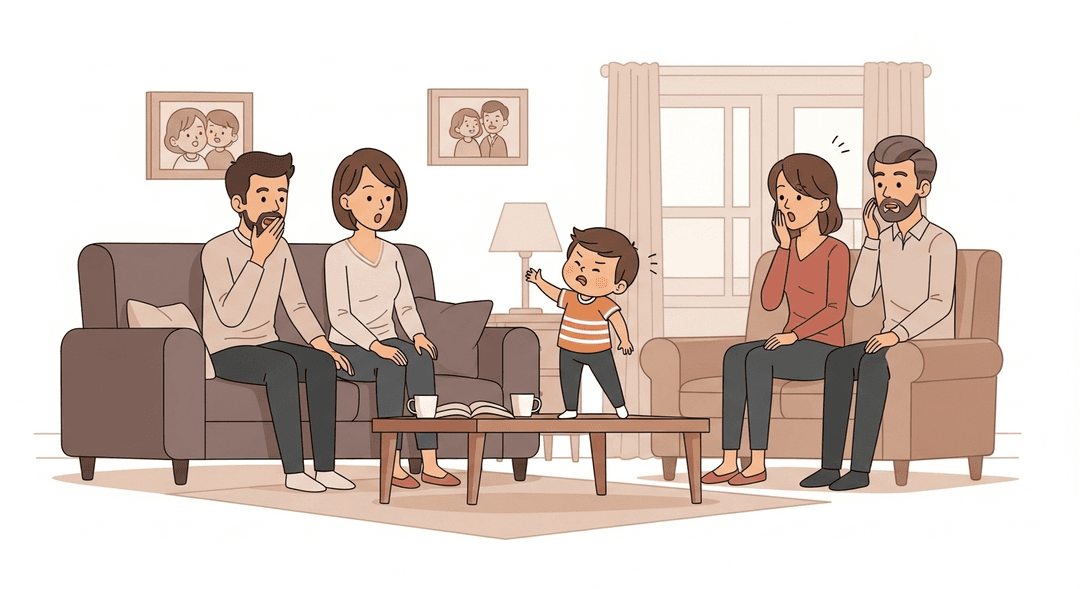Be Mindful of Your Own Social Biases
Ever had your kid repeat something you said in the car, but in front of your in-laws, at full volume? Yeah, turns out kids are like little Roombas for your social quirks—picking up every crumb, including the ones you’d rather hide under the couch. If you’ve ever caught yourself cringing at your own words coming out of a tiny mouth, this is for you. Time to check our own programming before the mini-me starts running the software.
Being aware of your own biases and modeling fairness helps your child develop empathy, open-mindedness, and critical thinking. Their brains are wired to learn by imitation, so when you demonstrate respect and curiosity about differences, their neural pathways for social understanding and compassion get stronger. Plus, you’re less likely to have your preschooler call someone ‘weird’ in front of their parents. Win-win.
How to do it
Step 1: Notice your own snap judgments—even the silly ones, like opinions about pineapple on pizza.
Step 2: When you catch yourself making a quick judgment, pause and reframe your thoughts out loud. This way, your child hears your updated, more thoughtful perspective.
Step 3: Talk openly with your child about how everyone has different backgrounds and experiences. Emphasize that these differences are what make life interesting (cue the rainbow and unicorns, optional).
Step 4: Keep practicing. Remember, this is a lifelong habit, not a one-time fix.
Tips:
- Be gentle with yourself; everyone makes snap judgments sometimes.
- Use everyday moments as teaching opportunities.
- Encourage your child to share their own thoughts and questions.
- Celebrate curiosity and open-mindedness in your family conversations.
